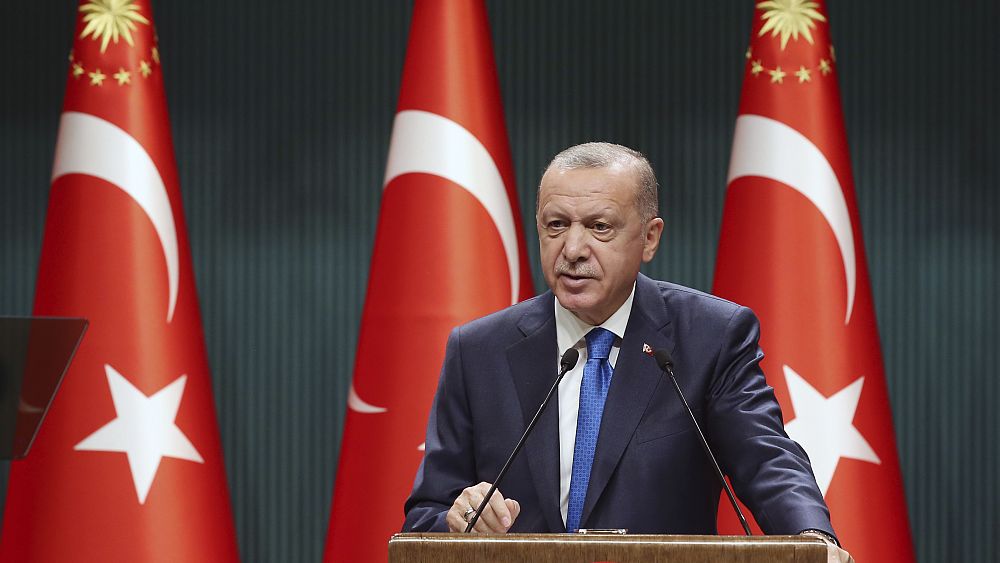A law considerably strengthening authorities” control over social networks has come into force in Turkey.
New regulations threaten the presence of Twitter and Facebook in the country if they do not obey requests to remove contentious content.
The legislation implemented from Thursday means social networks with more than a million unique connections per day must have a representative in Turkey.
Platforms will also have to obey Turkish court orders to remove content that’s reported as offensive by either individuals or the government within 48 hours.
Failure to do so could lead to fines of up to €4.3 million or restrictions on bandwidth, blocking access to the platform.
Turkey’s government passed the legislation in July, less than one month after President Recep Tayyip Erdogan called for a “cleaning up” of social networking sites.
The Turkish President has referred to Twitter as a threat, believing that the social network had facilitated mobilisation for anti-government demonstrations in 2013.
In early July, the Turkish president called for “putting order” in social networks after his daughter and son-in-law were targeted by insults on Twitter.
Critics say the new laws represent a government crackdown on freedom of expression.
“October 1 is the deadline for social networks to appoint a representative in Turkey,” said Yaman Akdeniz, a law professor at Istanbul’s Bilgi University.
“For many people who use social media to reach their news, social media is a lifeline, so this new law marks a new dark era of online censorship,” added Emma Sinclair-Webb, director of Human Rights Watch in Turkey.
However, some human rights activists doubt that the government will be able to enforce the strict measures provided for in the law.
In the first half of 2019, Turkey was at the top of the list of countries demanding the removal of content from Twitter, with more than 6,000 requests.
In 2019, Turkey blocked access to 408,000 sites, 40,000 tweets, 10,000 YouTube videos and 6,200 Facebook shares, according to online rights activist Sevket Uyanik.
“Imagine what could happen after the new law comes into force,” said Uyanik.
Watch Matthew Holroyd’s report in #TheCube above.






